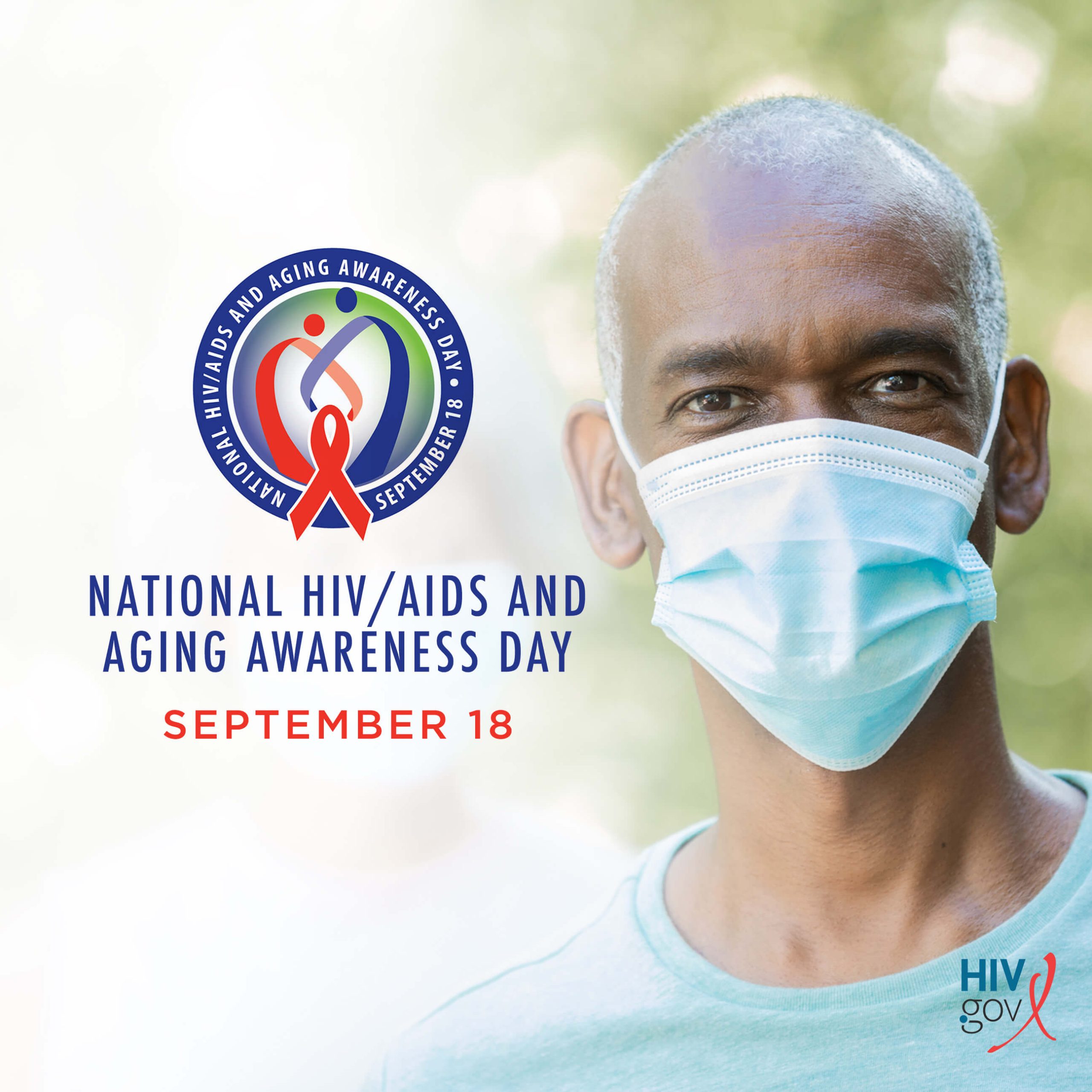National HIV/AIDS and Aging Awareness Day (NHAAD) is observed each year on September 18 to recognize the increasing number of people living long, full lives with HIV. This awareness day also calls attention to the unique health and social needs, as well as the challenges of HIV prevention, testing, treatment, and care, among older adults.
On NHAAD 2023, the first ever Collaboration in Care Conference: Improving HIV and Aging Services kicked off in Sacramento, California. CHIPTS was delighted to join the Training and Health Equity Collaborative as an organizing partner for this exciting event on September 18-19 to bring service providers together to build capacity for addressing the needs of people aging with HIV in the Western United States.
The Collaboration in Care Conference recognized that people aging with HIV require clinical, mental, and social support services tailored to their needs. The conference engaged direct service providers from across the Western United States in disciplines that include mental health, service navigation, clinical care, social services, and other specialties in order to share lessons from HIV care, aging services, and more.
The conference learning objectives included:
- Identify three service needs for people living with HIV over 50.
- Identify three healthcare needs for people living with HIV over 50.
- Evaluate strategies and care models to improve outcomes for people living with HIV over 50.
The conference began with a welcome from the Training and Health Equity Collaborative, followed by an impactful opening plenary from Harold Phillips, Director of the Office of National AIDS Policy (ONAP). He provided a national State of HIV and Aging message, drawing attention to the key concerns for people aging with HIV in today’s society. Breakout sessions in the conference were divided into three tracks: 1) California-focused topics, 2) clinical care, and 3) programmatic practices. Check out the full conference agenda and session slide sets on the conference website.
More information on NHAAD and HIV prevention, care, and treatment for older adults can be found here:
- Administration for Community Living: HIV/AIDS
- CDC Fact Sheet: HIV and Older Americans
- HRSA HIV/AIDS Bureau: Optimizing HIV Care for People Aging with HIV
- HRSA Ryan White HIV/AIDS Program: Addressing the Health Care and Social Support Needs of People Aging with HIV
- HIV.gov: Aging with HIV
- HIV.gov: Supporting Long-Term Survivors of HIV
- HIVinfo.NIH.gov: HIV and Older People
- National Institute on Aging: HIV, AIDS, and Older Adults

